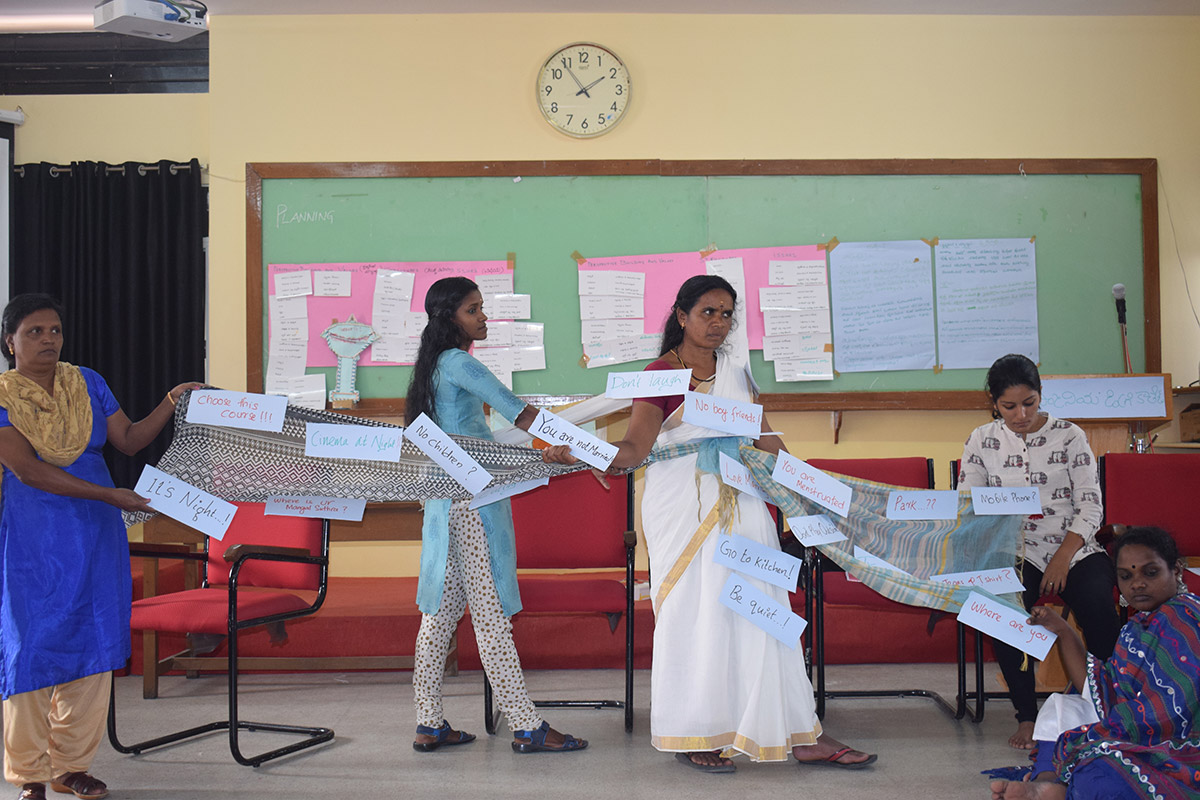
Through a project supported by AJWS, adolescent girls were mobilized and empowered in order to create a level playing field for them, and women’s collectives from four states (Assam, Bihar, Karnataka and Telangana), were strengthened towards building new, autonomous institutional arrangements
In 2017, AJWS supported dialogues with women’s federations across the country on how women could work towards strengthening their collectives to tackle issues to protect their rights. As a result of these dialogues a new intervention emerged in 2018, Building Women and Girls’ Agency Through Collectives also supported by AJWS, with the goals of Institutional Strengthening of Sanghas and federations and Empowerment of Adolescent Girls to become change agents in their communities

BPF re-modeled a social audit tool for federations to monitor progress on the sustainable development goals of education and gender equity in Assam, and fill gaps based on feedback from the federation women of Assam Mahila Samata Society and the Jan Kalyan Khanda Mahasangh.
Assam Mahila Samata Society, BPF and Jan Kalyan Khanda Mahasangh together re-worked the Data Exhibition to monitor sustainable development goals (SDGs), an innovative social audit tool for federations to monitor entitlements. The tools were deployed by women’s collectives themselves to monitor progress on the sustainable development goals of Education (SDG 4) and gender equity (SDG 5) in their local context. The data exhibition helped to spread awareness amongst the community members on the existing schemes and its benefits. It also alerted the government officials about the discrepancies in the data illustrating reach of the programmes and entitlements. The issues highlighted in the exhibition included quality education, incidence of child labour, child marriage, violations against women, wage discrimination, and access to public entitlements.
BPF was invited to research and explore what has worked and not worked for a variety of practices and innovations in the fields of ground water and sanitation for Arghyam, a grant-making organisation.
Primary and secondary research was conducted on best practices in sanitation of five Araghyam partners in the states of Bihar, Karnataka, Rajasthan, Odisha and Tamil Nadu. The themes that were highlighted included government engagement, financing toilets, toilet usage and defunct toilets, community mobilisation and demand generation, urban sanitary complexes for women, beyond toilets, state of sanitation and reaching out to the last mile. Within each of these themes specific processes were documented regarding training, implementation, monitoring, roles and responsibilities of staff, financial aspects, factors influencing sustainability of the practice, and the replicability of the practices adopted. Instruments were developed and adapted for each best practice. The BPF team visited two site namely, Atmashakthi in Odisha and Bhartiya Jan Utthan Parishad (BJUP), in Nalanda, Bihar, to gain first-hand knowledge of their sanitation practices The outcome of this ongoing project will be an eight-chapter long publication on the best practices in sanitation, implementation across India.
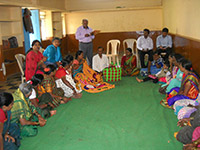
SELCO invited BPF to conduct a needs assessment for its micro-entrepreneurs who had adopted solar solutions for their businesses.
The SELCO Foundation links the benefits of sustainable energy to poverty eradication. BPF teams from Bangalore and Dharwad, engaged in data collection from Dharwad and studied and analysed this data. The final report with feedback incorporated was presented to Selco in September 2016, which made a number of recommendations for a comprehensive and inclusive approach to make a significant difference to the livelihoods of solar micro-entrepreneurs.
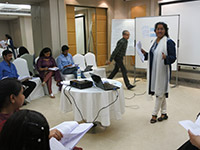
Deutsche Gesellschaft für Internationale Zusammenarbeit (GIZ) contracted BPF to engender their sanitation programme in the States of Himachal Pradesh, Maharashtra, Kerala, Chhattisgarh and Andhra Pradesh.
In February 2015, BPF conducted a workshop for the GIZ sanitation team in Delhi on the concepts of gender and sanitation, their linkages and lessons learnt from existing programmes. This workshop helped GIZ staff to identify entry points within the gender and sanitation frameworks they operate under. As an outcome of this, they evolved benchmarks and activities to operationalise gender into their work. BPF will work closely with the project level team to review the contracts between urban local bodies and private contractors to build, renovate and operate public toilets in Shimla and Tirupati from a gender perspective.
BPF’s baseline study conducted in July 2015 documents women’s anti-corruption initiatives in eight organisations in seven countries. BPF also submitted two separate detailed reports on DAMPA, Philippines and PDAP, Bangladesh in October 2015.
The Transparency and Accountability Initiative (T&AI), supported by UNDP GAIN and facilitated by the Huairou Commission, provides a platform for grassroots women to act as agents of change in achieving good governance. The baseline report submitted in July 2015, documents women’s anti- corruption initiatives in eight organizations in seven countries.
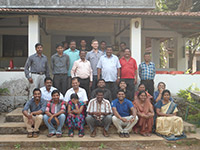
BPF Bangalore developed courses on Communication, English and Information Technology rolled out from June 2014, for 21 of FCN’s NGO partners from six states.
BPF conducted a series of needs assessment workshops with staff of FCN’s NGO partners from six states to determine the specific needs, capacities, expectations and level of buy-in. Subsequently, BPF Bangalore developed the courses on Communication, English and Information Technology, and then piloted them with staff at Dharwad as well as with the staff of Agricultural Development and Training Society at Bagepalli. Based on their feedback, the courses were further modified and formally rolled out from June 2014. Two senior staff from each of the 21 NGOs attended Training of Trainers (TOT) in two groups, led by our Master Trainer, Sudha Menon. Four BPF trainers along with TOT facilitators trained Fair Climate Network team members in 47 subgroups sessions across India.
Axis Bank Foundation (ABF) wanted its CSR processes and procedures comprehensively charted out in a systematic, user friendly manner. BPF and ABF staff created a manual that could serve as a reference point for issues, rules and questions while also acting as a guide for implementation in ABF programmes
The basic methodology included process documentation, meeting field workers, then programme heads and staff to understand procedures and lacuna, creating flow charts and a procedure template, and having designating ABF staff fill in templates for their particular spheres of activity.
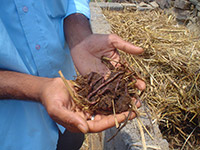
The project commenced on 1st Sept 2009, and was aimed at enhancing the livelihoods of 50 farmers, through promotion of Integrated Farming Systems in one acre land of the selected farmers in Mandihal and Daddikamalapur villages.
All 58 farmers trained in Integrated farming systems and have adopted the practice. The project also aimed at up gradation of skills and tools of selected plumbers in Yarikoppa village in Dharwad Taluka of Dharwad District. In all two plumbers bought plumbing tools and are repaying the cost of tools back to SHGs and it will be used to provide tools to new members of the sangha.
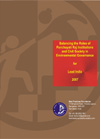
For Lead India
A critical appraisal of the role of panchayats in environmental governance and ways to empower them without compromising the participation of the community.
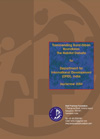
For Department for International Development (DFID), India
The peri-urban interface (PUI) represents an area of increasing threat and opportunity both to the poor and to policy makers. A multi-dimensional area where the urban meets the rural, it calls for flexible policies that are collaborative, integrated, holistic and can adapt to its dynamic character. They must address a new type of poverty and diversity in agricultural systems.

For Environment and Urbanisation journal
This paper describes the process of participatory planning in five peri-urban villages in the Hubli-Dharwad region to enhance the livelihoods of the poor and manage the natural resource base. The paper describes the characteristics of the villages involved and their specific peri-urban aspects; the tools used; the main issues that emerged from the process and their relevance to different groups (women, landowners, landless and lower castes). It also summarises the main lessons learnt.

For Department for International Development (DFID), India
This pioneering book on the peri-urban interface (PUI) in India is unique in highlighting issues related to natural resources, livelihoods and policy. This study takes a multi-disciplinary approach to a large range of issues such as cropping, livelihoods, markets, sewage, livestock, land, and water. The research attempts to fill critical gaps in knowledge in these areas.
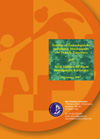
For BAIF Institute for Rural Development, Karnataka
A step-by-step account of the work of BAIF Institute on the Transfer for Technology for Sustainable Development (TTSD) project in the Tumkur cluster in Karnataka. The report details the process, intervention strategies and focus areas in training. Case studies demonstrate the impact of innovations such as Jan Utthan, the WADI agro-forestry model, the 3-J watershed development model and Manav Vikas Sanghas.
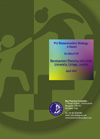
On behalf of the Development Planning Unit University College, London
An assessment of the effectiveness of the dissemination strategy for environmental planning and management, this document considers criteria such as the utility, validity and legibility of the publicity material. The results indicate that rural and/ or illiterate audiences are best reached through visual media tools such as videos and street theatre.